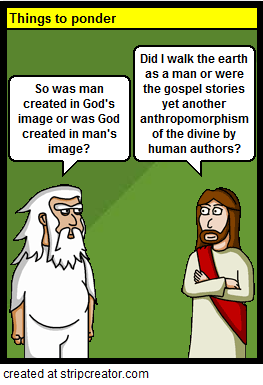Ravel, “Trois poèmes de Stéphane Mallarmé”
More treasure from Bob Denham’s Essays on Northrop Frye, “Frye and Stéphane Mallarmé”:
[A]lthough Mallarmé speaks of God as an old scarecrow whom he has at last overcome,[i] he also speaks in his letters of a symbolic death and resurrection that he has attained through his search for a pure poetry, and speaks also of the poet who creates in the teeth of the creation, so to speak, as though he were the vehicle of a holy spirit. “Man’s duty,” he says, “is to observe with the eyes of the divinity; for if his connection with that divinity is to be made clear, it can be expressed only by the pages of the open book in front of him.”[ii] He also describes himself, in a letter to Cazalis, as “one of the ways the Spiritual Universe has found to see Itself, unfold Itself through what used to be me.”[iii] (457)
[i] Frye is referring to the oft‑quoted passage in Mallarmé’s letter to Henri Cazalis, 14 May 1867: “I struggled with that creature of ancient and evil plumage [vieux et méchant plumage]––God––whom I fortunately defeated and threw to earth” (Selected Poetry and Prose, 87)
[ii] The passage is from Mallarmé’s “The Book: A Spiritual Instrument” (Selected Poetry and Prose, 80).
[iii] Letter to Henri Cazalis, 14 May 1867 (Selected Poetry and Prose, 87). In one of his early plans for Words with Power Frye proposed organizing the first three chapters on a Trinitarian scheme––the Book of the Father, the Book of the Son, and the Book of the Spirit––based on Joachim of Floris’ theory of the three epochs. Only in the Age of the Spirit, according to Joachim, would humankind be able fully to understand spiritual truth. Mallarmé was to be a part of the Book of the Spirit (Late, 171).


